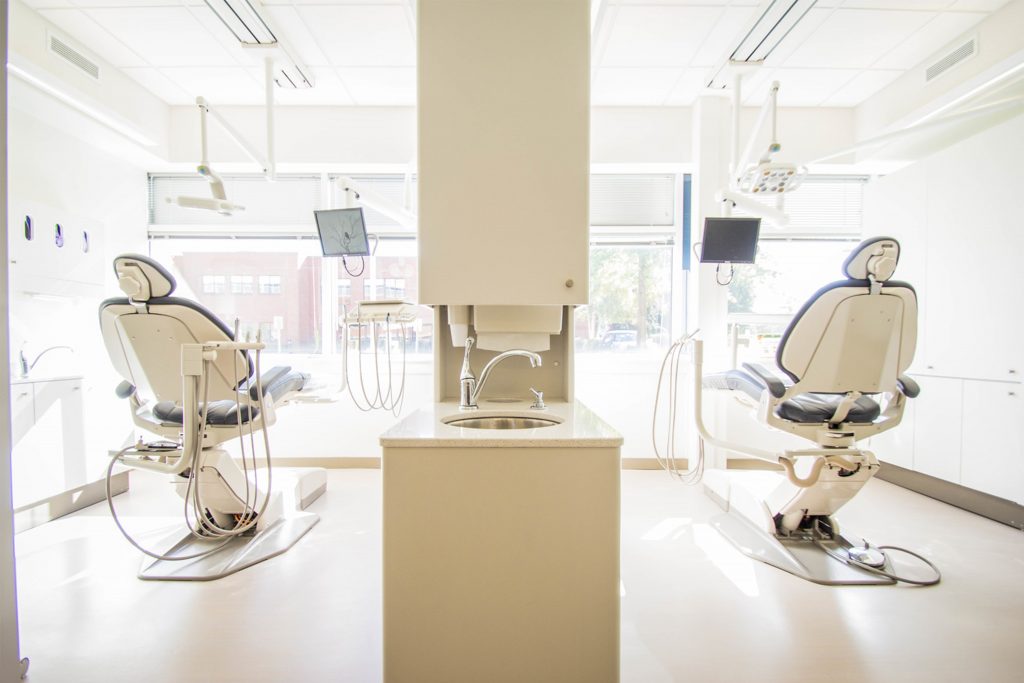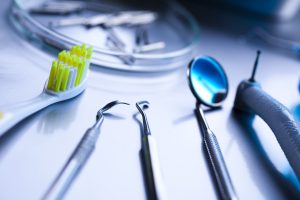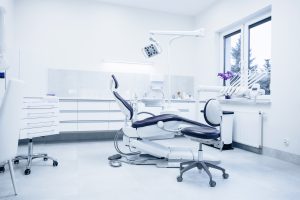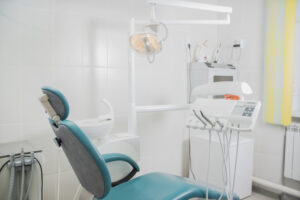
As a dental attorney, I advise dentists and dental practices on a variety of business, tax, and legal matters. One of the discussions that I routinely have with dental practice owners and dental associates is the discussion of whether an associate dentist may be treated as an independent contractor versus an employee. Interestingly, that discussion has become more complicated by recent tax law changes, discussed below.
Background on Independent Contractor
versus Employee Discussion
It has been my experience that some dental practices, and dental practice advisors, want to classify an associate dentist as an independent contractor to: (i) avoid the payment of payroll taxes—shifting the tax burden to the associate dentist; (ii) exclude the dentist from certain practice benefits that are only available to practice employees; (iii) avoid the potential of other employment related claims, such as workers’ compensation or unemployment compensation, which can ultimately impact the practice’s workers’ compensation or unemployment compensation ratings; or (iv) avoid the potential exposure of certain law suits, such as age discrimination or sex discrimination, including sexual harassment.
On the other hand, associate dentists historically want to be treated as employees, for the same reasons discussed above. And, most advisors, including me, believe that associate dentists, under legal parameters set by statute, regulatory guidance, and common law, should be employees and not independent contractors. For further discussion on the factors to consider whether an individual is an independent contractor versus employee, please see our prior blog.
Recent tax law changes, however, have potentially changed the landscape. As an example, the tax law changes that I will briefly discuss below negatively impact an associate dentist’s ability to deduct non-reimbursable expenses of their employer. Those tax law changes, and the loss of the ability to deduct certain non-reimbursable expenses, have caused associate dentists to question their status as an employee and have also caused those associate dentists to call and want to discuss whether they should be treated as independent contractors. Prior to the tax law changes, my answer generally has been, with certain limited exceptions: associate dentists, by law, cannot be treated as independent contractors. My opinion on that, even with the recent tax law changes, has not changed. I also believe that some tax advisors and dental attorneys, as well as dental CPAs, are overstating the impact of the disallowance of certain non-reimbursable expenses.
Background on Tax Law Changes that are Causing Associate Dentists to Ask the Question
Under prior law, an individual (i.e., employee) could deduct unreimbursed expenses attributable to the trade or business of being an employee to the extent they exceeded 2{c91082aefe0e580fe546c40af534787b48cfd474f8c9ab8dac50bf49a7a1c43a} of the employee’s adjusted gross income (AGI). Unreimbursed employee business expenses include transportation, travel fares, and lodging while away from home, business meals, continuing education courses, subscriptions to professional journals, union and professional dues, professional uniforms, job hunting, and the otherwise deductible expenses of a home office maintained for the employer’s convenience.
Effective for taxable years 2018-2025, recent tax law changes completely disallow deductions for any miscellaneous itemized expenses. But, when we really think about and consider associate dentists and the expenses that the associate dentists may have, were there really significant expenses that exceeded 2{c91082aefe0e580fe546c40af534787b48cfd474f8c9ab8dac50bf49a7a1c43a} of the associate dentist’s adjusted gross income to allow for that deduction in a particular year? In most instances, I do not believe so. And, for those associate dentists that are impacted, there is a solution. The rule does not appear to affect employer reimbursements of business expenses, which are exempt from tax under Internal Revenue Code §62(a)(2) or §132(d) notwithstanding the floor. Thus, the suspension might create an incentive for individuals currently working as employees to convert to independent contractors. But, those individuals really need to consider the unintended consequences of that conversion before doing so.
From my perspective, rather than worrying about being treated as an independent contractor versus employee, an associate dentist should be more careful and focused on the terms of their employment agreement with a dental practice. By drafting the employment agreement correctly and making sure that the associate dentist has the opportunity to use pre-tax dollars to pay for certain ordinary and necessary business expenses, that associate dentist can minimize the impact of any tax law changes and certainly reduce their overall tax liability. Further, remaining an employee versus an independent contractor allows that employee to avail themselves of various laws that are in place to protect employees.
Contact Vince Nardone
Vince Nardone has experience assisting dental practices and dental associates when it comes to worker classification issues, including independent contractor versus employee. If you have any questions regarding the best option for classifying workers, or you have questions about whether a worker qualifies as an independent contractor, feel free to contact Vince by email at vnardone@vincentjnardone.com.
 Vince Nardone Discusses Employment Contracts with Ohio State Dental Students
Vince Nardone Discusses Employment Contracts with Ohio State Dental Students  Navigating the 2024 Landscape: Strategies and Considerations for Dental Support Organizations (DSOs)
Navigating the 2024 Landscape: Strategies and Considerations for Dental Support Organizations (DSOs)  Sellers of Dental Practices to DSOs need to have a Buyer’s Mentality Requiring Selectivity and a Well-Thought-Out, Decision-Making Process
Sellers of Dental Practices to DSOs need to have a Buyer’s Mentality Requiring Selectivity and a Well-Thought-Out, Decision-Making Process  Increasing Profitability by Minimizing Disruptions within Your Dental Practice
Increasing Profitability by Minimizing Disruptions within Your Dental Practice  As a Dentist, What Are My Obligations Related to Out-of-State Patients and Potential Prescription Drug Abuse?
As a Dentist, What Are My Obligations Related to Out-of-State Patients and Potential Prescription Drug Abuse?